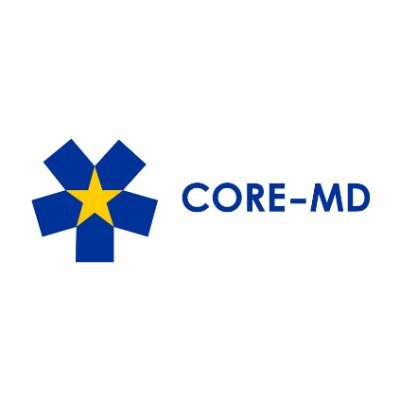EAP SPRING MEETING 2025 | DUBROVNIK, CROATIA
4-5 April 2025
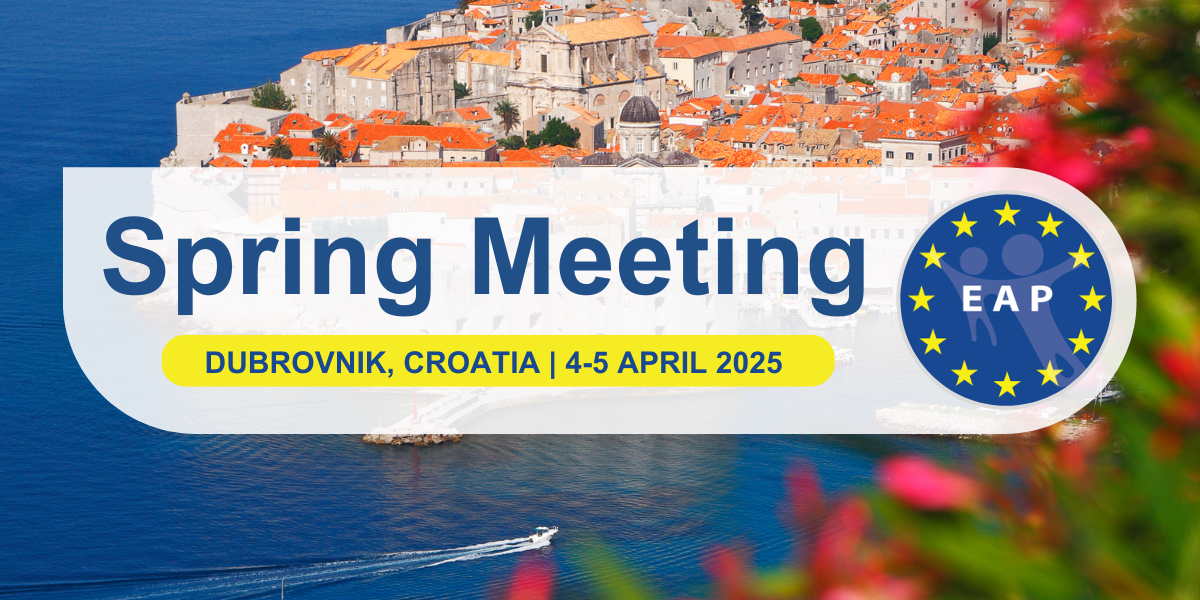
Thank You for Joining Us at the
EAP Spring Meeting 2025 in Dubrovnik!
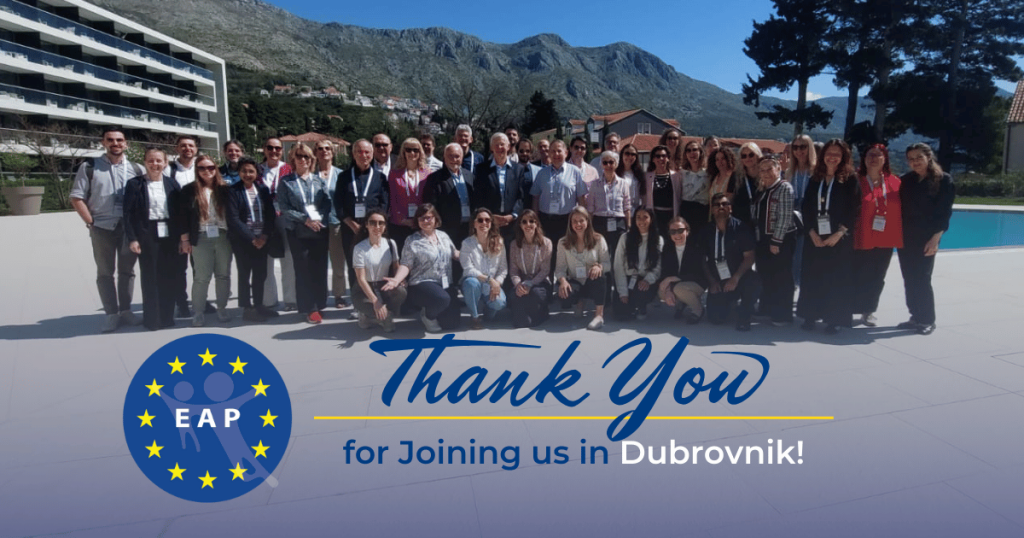
Highlights from the EAP Spring Meeting 2025 in Dubrovnik
The EAP Spring Meeting 2025 in Dubrovnik brought together paediatric leaders and passionate advocates for child health from across Europe. With inspiring strategic discussions, vibrant working sessions, and a strong focus on collaboration, the event was a true reflection of EAP’s mission to advance paediatrics through unity and innovation.
One of the standout moments of the meeting was the SAG Speed-Dating Evening, which offered delegates a dynamic new format for networking and idea exchange. Strategic Advisory Groups presented their latest initiatives and welcomed lively roundtable conversations, fostering meaningful new connections across the EAP community.
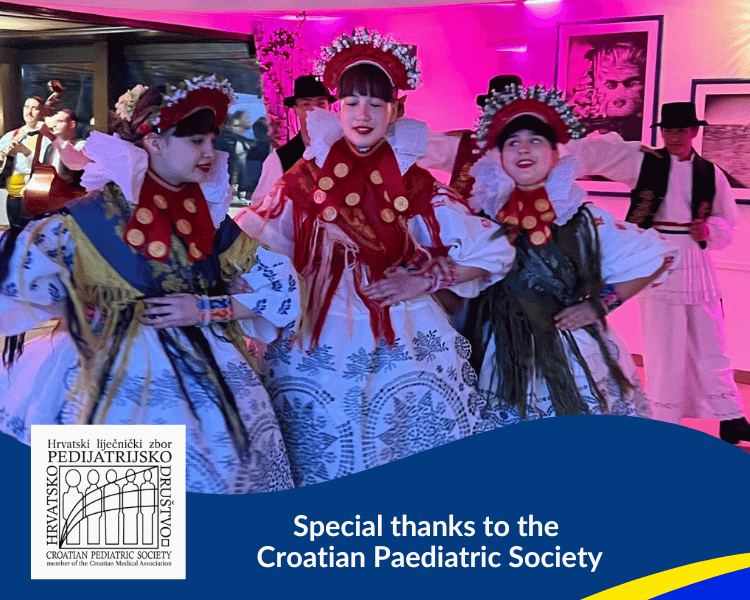
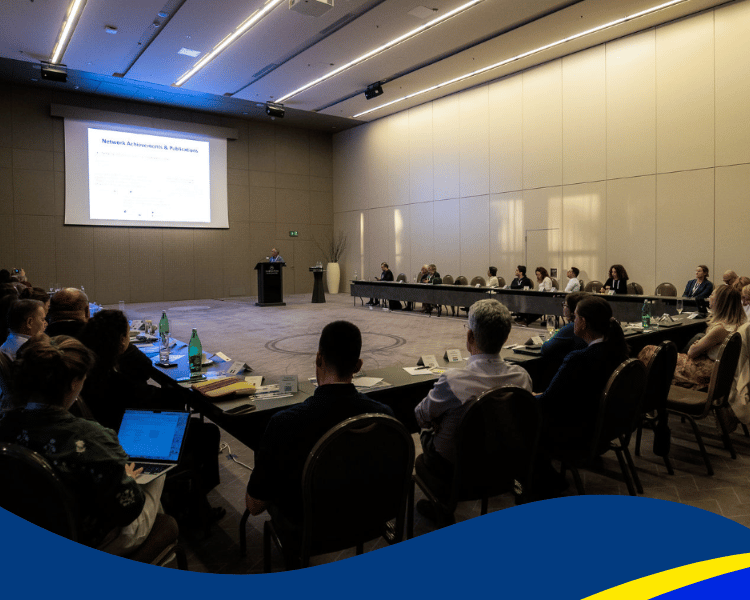
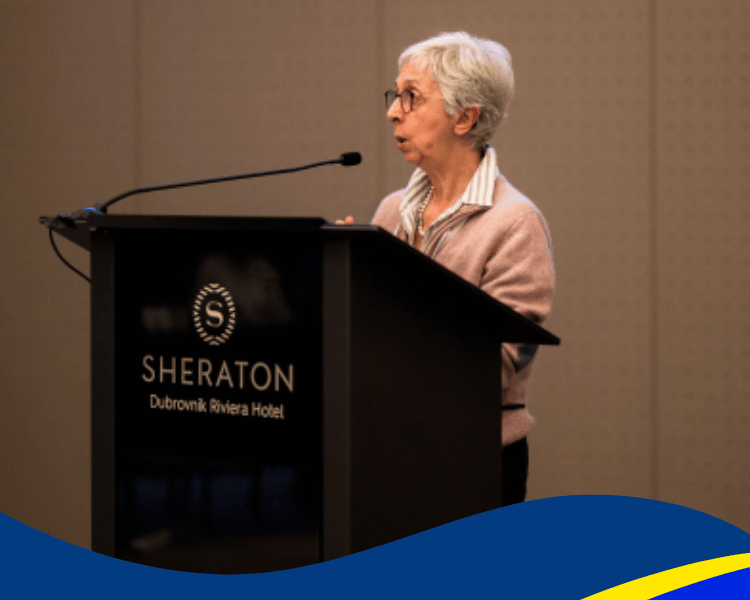
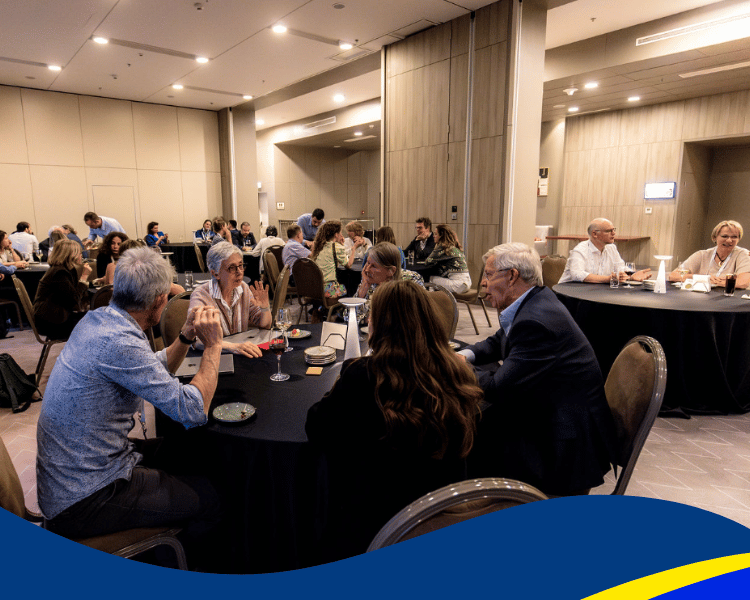
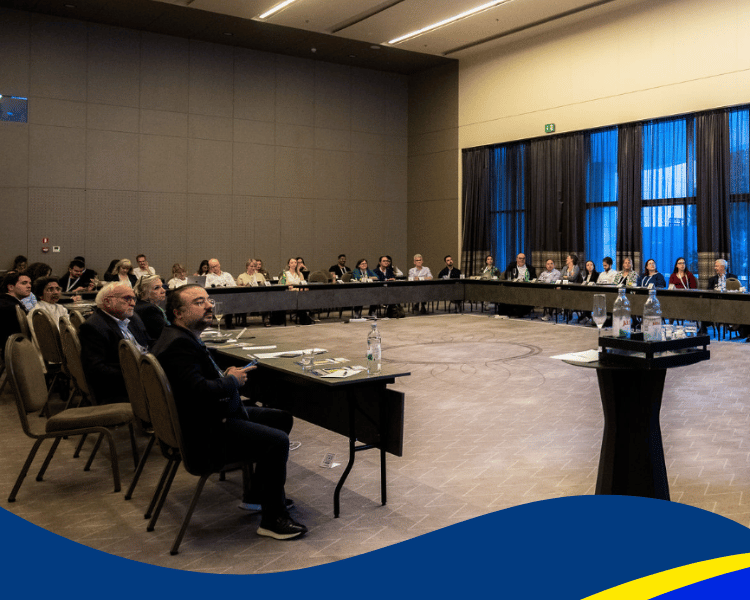
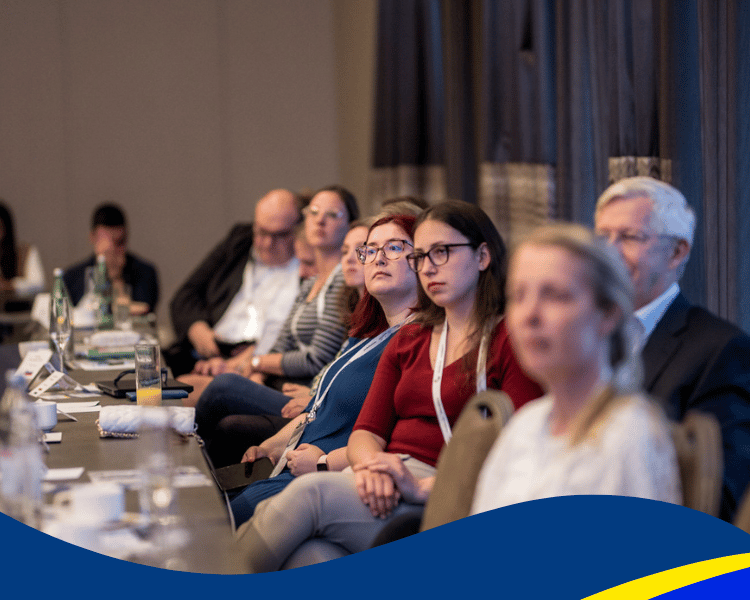
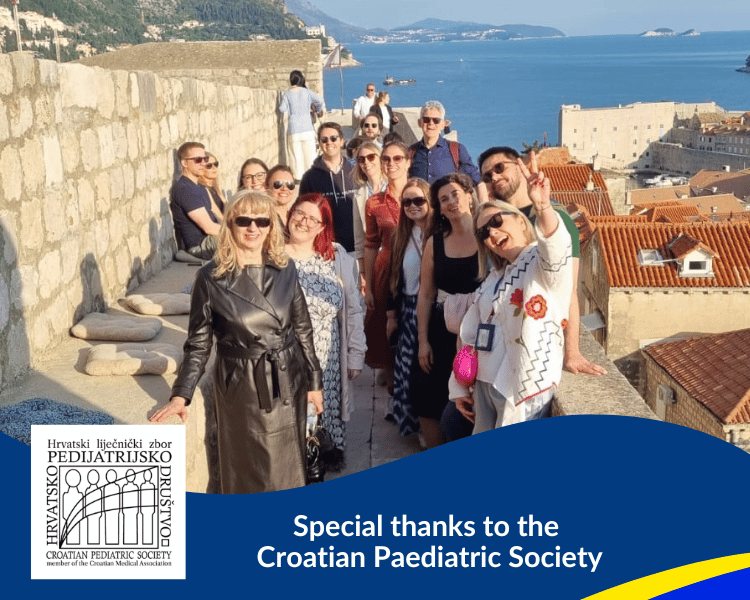
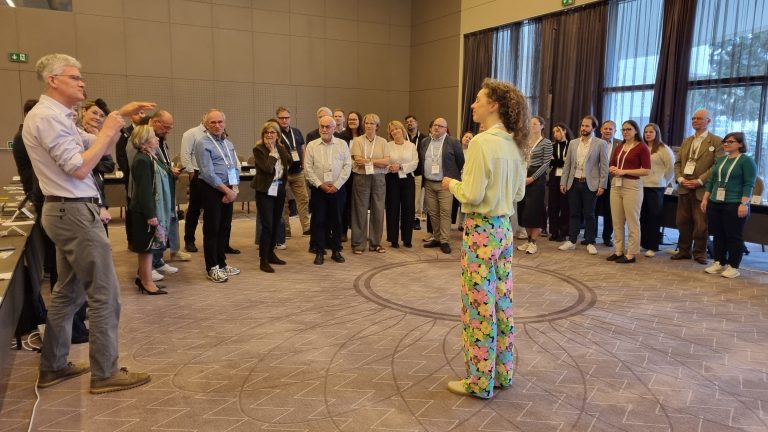
The meeting concluded with a beautiful walking tour of Dubrovnik’s Old City, followed by a memorable dinner at Banje Beach Club — a special gift from the Croatian Paediatric Society.
The perfect backdrop for continued exchanges and new friendships.
A special thank you goes to Prof. Aida Mujkić, whose local coordination and warm hospitality made the entire experience truly unforgettable.
EAP was also proud to make the Croatian news! Read more about our gathering in this local article (with a short excerpt in English):
“Deputy Mayor Jelka Tepšić and Education and Social Affairs Head Đivo Brčić welcomed Prof. Berthold Koletzko (EAP President), Prof. Aida Mujkić (Croatian Paediatric Society), Prof. Joško Markić (Split Paediatric Clinic), and Prim. Marija Radonić (founder of Born to Read). Discussions centred on the sustainability of primary paediatric care across the EU and in Croatia, highlighting the crucial role of local communities in safeguarding child health”
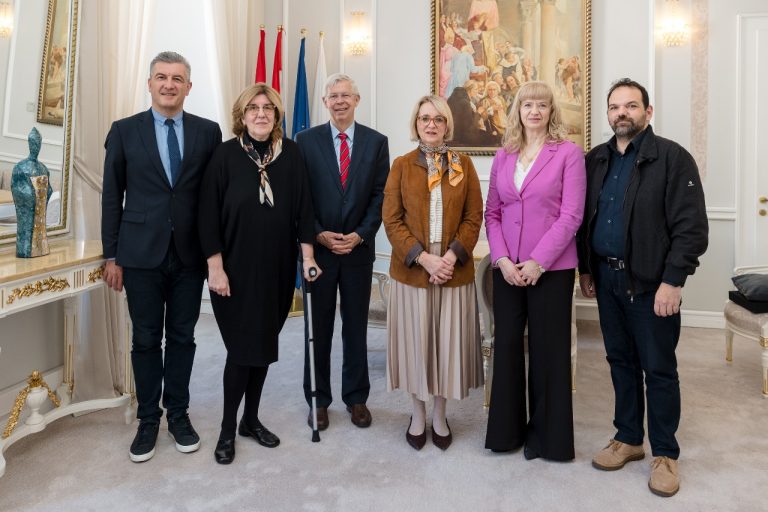

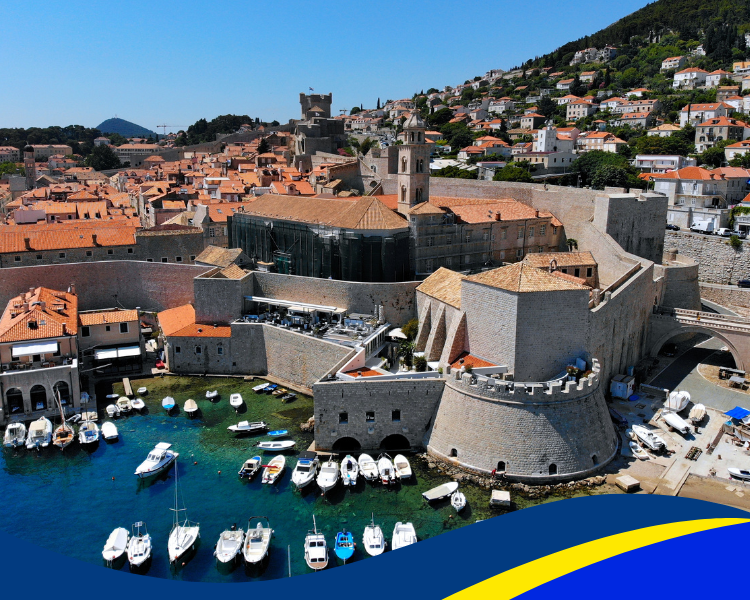

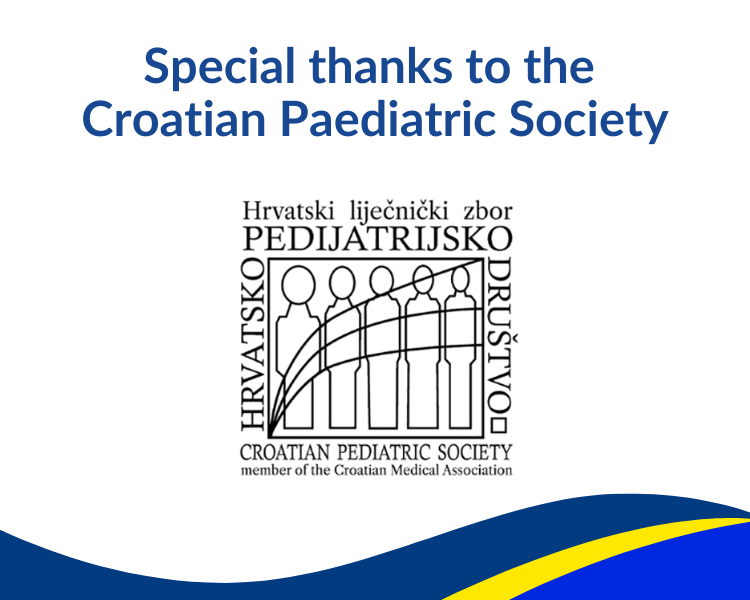
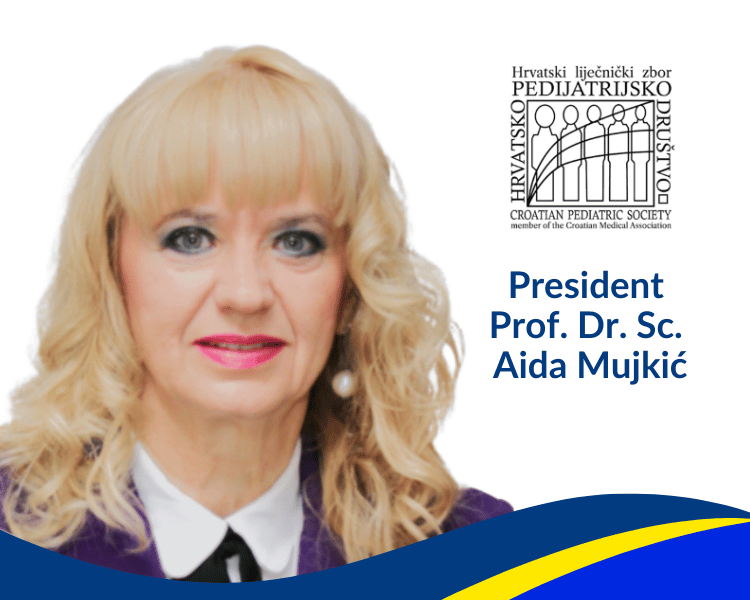
Programme
4-5 April 2025
Friday, 4 April 2025 | Programme
Registration Opens
🕢 07:30 onwards
General Assembly (GA) - Part 1: Welcome & Energizer
🕣 08:30 - 09:45 | Chair: Berthold Koletzko
Overview of EAP’s recent achievements and future goals
Important updates
Opportunities for community involvement
Strategic Updates & Vision
Coffee Break
🕤 09:45 - 10:15
Parallel Breakout Sessions
🕥 10:15 - 11:30
(Topics TBD – Based on Opinion Poll)
Session A
🕥 10:15 - 11:30
Chairs:
Laura Reali & Dirk Holzinger
Climate Crisis and Child Health
Session B
🕥 10:15 - 11:30
Chairs: Liviana da Dalt & Francesca Seregni
Harmonisation of Paediatric Training Across Europe
Presentation & Discussion of Breakout Session Outcomes
🕦 11:45 - 12:45
Lunch Break & Informal Networking
🕛 12:45 - 13:45
Primary Care Council
🕝 13:45 - 14:30 | Chair: Iren Kantor
Secondary-Tertiary Care Council
🕞 14:30 - 15:15 | Chair: Luigi Titomanlio
Coffee Break
🕒 15:15 - 15:45
European Board of Paediatrics
🕟 15:45 - 16:45 | Chair: Liviana Da Dalt
EAP General Assembly (GA) - Part 2 & Election
🕠 16:45 - 18:00 | Chair: Berthold Koletzko
Treasurer’s Report – Lukasz Dembinski
Important SAG Updates
Discussion on Arising Topics
Endorsements & Voting
Friday, 4 April 2025 | SAG Speed-Dating and Networking (with refreshments!)
SAG Speed-Dating
🕕 18:00 - 21:30
Welcome Drink & Briefing
🕕 18:00 – 18:20
Introduction to session format & objectives
Explanation of presentation & rotation process
🕕 18:20 – 19:20
📌 SAG Presentations
Learn about the core focus areas, recent initiatives, key challenges & priorities
of EAP's Strategic Advisory Groups (SAGs)
Roundtable Discussions (rotating)
🕕 19:20 – 21:10
4 rounds of 15-minute discussions & meaningful engagement in small groups
🍽️ Refreshments & finger foods served throughout!
Wrap-Up & Next Steps
🕕 21:10 – 21:30
Key takeaways from discussions
Saturday, 5 April 2025 | Programme
Registration Opens
🕗 08:00 onwards
Keynote Address / Interactive Session
🕣 08:45 - 09:15
Parallel Breakout Sessions
🕘 09:15 - 10:30
(Topics TBD – Based on Opinion Poll)
Session A
🕥 09:15 - 10:30
Chairs: Berthold Koletzko & Joe Brierley
Advocacy for Child Health at the European Level
Session B
🕥 09:15 - 10:30
Chairs: Luigi Titomanlio & Nora Karara
Digital Innovation in Paediatrics: Exploring how emerging digital tools and AI are shaping pediatric healthcare.
Coffee Break
🕥 10:30 - 11:00
Presentation & Discussion of Breakout Session Outcomes
🕛 11:00 - 12:00
Closing Remarks & Farewell Wishes
🕚 12:00 - 12:15
Lunch Break & Informal Networking
🕛 12:15 - 13:15
Young EAP Meeting (Internal) & SAG Internal Meetings
🕐 13:15 – 14:45
Saturday, 5 April | Tour & Dinner
Dubrovnik City Tour
📍 Pre-registration required in the registration form
🕒 15:15 Departure from the main hotel lobby to meet the tour guide
🕒 16:00 - 18:00 Guided tour of the old walls of Dubrovnik with a guide (on foot).
🕒 18:00 - 19:00 Free time, Dubrovnik Old Town
Dinner - Hosted by the Croatian Paediatric Society
🕖 19:00 - 21:00
📍 Gradska Kavana Arsenal Restaurant, Dubrovnik
RSVP required in the registration form

